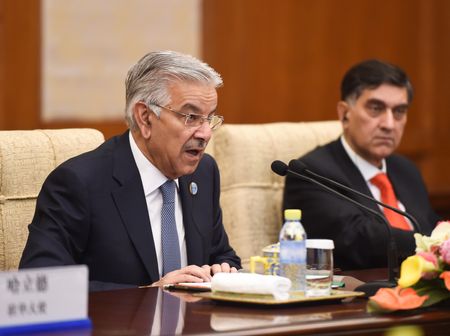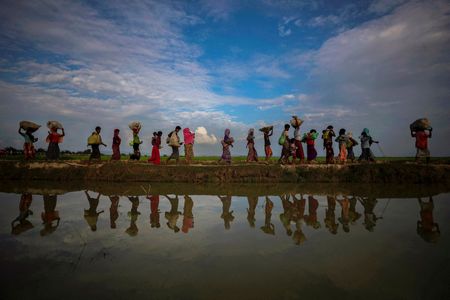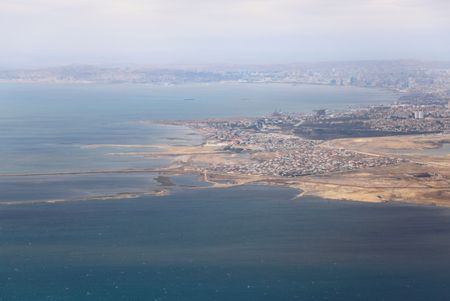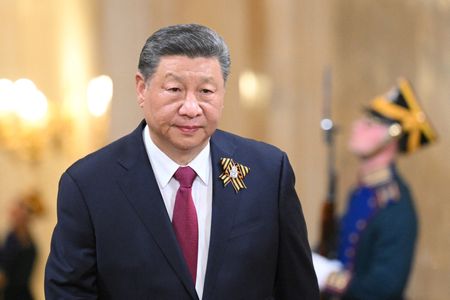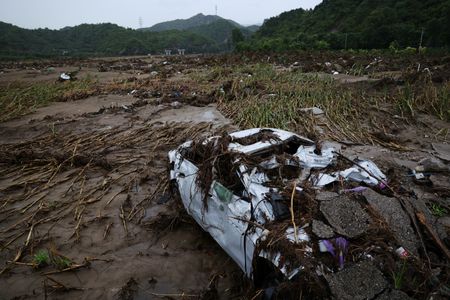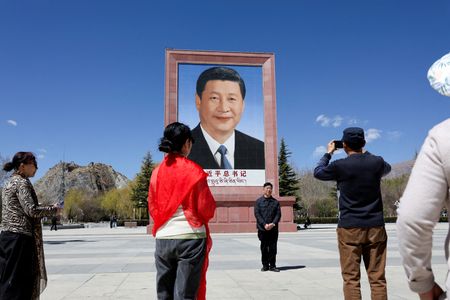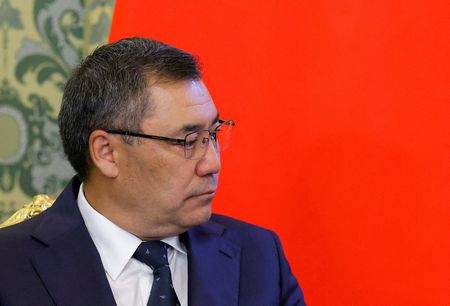KABUL (Reuters) – Pakistan’s defence minister and the head of its Inter-Services Intelligence (ISI) agency held talks with Taliban authorities in Afghanistan on Wednesday over security issues, following a period of strained relations between Islamabad and Kabul.
Days earlier Pakistan’s foreign minister publicly said the use of Afghan soil by militants could pose a threat to Pakistan, a claim Taliban officials denied and asked its neighbour to instead discuss security in private.
Both sides issued statements saying the talks were taking place.
ISI chief Lieutenant General Nadeem Anjum accompanied defence minister Khawaja Asif for the meeting with the Taliban’s acting deputy prime minister Mullah Ghani Abdul Baradar and acting defence minister Mullah Yaqoob, official photographs released by Baradar’s office showed.
Pakistan’s foreign ministry spokesperson said “security-related matters including counter-terrorism measures” would be discussed.
Baradar, who is also responsible for economic affairs, said in a statement that the two sides had discussed regional connectivity and trade. He added that travellers at the Torkham border crossing, which has been closed for several days, should be “well-supported”.
The key border crossing between the two countries had been closed on Sunday by Taliban authorities who said Pakistan had not lived up to its commitments to allow travellers to cross, leaving thousands of trucks laden with goods stuck on both sides of the border.
A key security issue for Pakistan is the threat posed by the Pakistani Taliban and splinter groups, which have mounted a series of attacks on security forces. A faction of the Pakistani Taliban, Jamat-ul-Ahrar, claimed responsibility for a suicide bomb attack that killed more than 100 people at a mosque in a police compound in the city of Peshawar in late January.
The Pakistani Taliban, or Tehreek-e-Taliban Pakistan (TTP), pledges allegiance to the Afghan Taliban, but is not directly a part of the group that now rules neighbouring Afghanistan.
Its stated aim is to impose Islamic religious law in Pakistan, as the Taliban have done in Afghanistan.
(Reporting by Charlotte Greenfield; editing by Simon Cameron-Moore)

